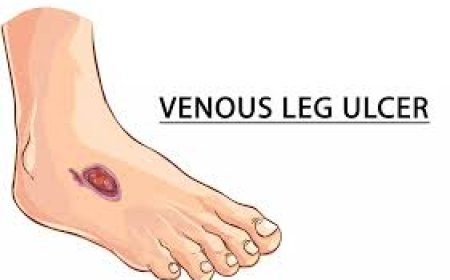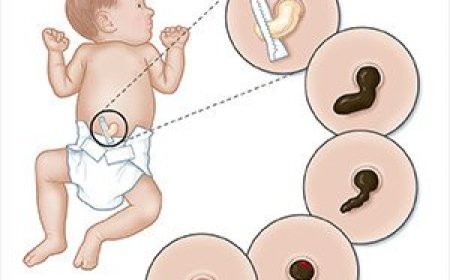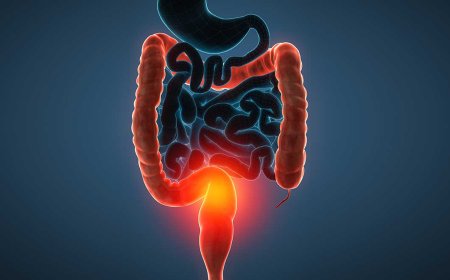Wisdom Tooth Problem

Introduction:
Hello, young readers! Today, we're going on an adventure to explore the fascinating world of wisdom teeth. These teeth are special because they appear when you're older and wiser, usually between the ages of 17 and 25. However, sometimes they can cause problems, and that's what we'll be learning about today!
Signs and Symptoms:
When wisdom teeth cause trouble, they can show some signs and symptoms. These include:
- Pain in the back of the mouth where the wisdom teeth are located.
- Swollen gums and jaw, making it difficult to open your mouth.
- Redness and tenderness around the wisdom teeth.
- Bad breath or an unpleasant taste in your mouth.
What Is Wisdom Tooth Problem?
Wisdom tooth problem, also known as "impacted wisdom teeth," happens when there isn't enough space for these teeth to come out properly. As a result, they might grow at strange angles or get stuck under the gum, causing pain and discomfort.
Classification of Wisdom Tooth Problem:
Wisdom tooth problems are classified into three types:
-
Vertical Impaction: The tooth grows straight up and down, but there might not be enough space for it to fully emerge.
-
Mesial Impaction: The tooth angles forward, pressing against the tooth next to it.
-
Horizontal Impaction: The tooth grows sideways, pushing against nearby teeth or the jawbone.
Causes and Triggers:
The main cause of wisdom tooth problems is evolution! Our ancestors needed these teeth to chew hard and rough food. But as our diets changed over time, we don't always have enough space for them anymore. Some triggers that can worsen the problem are:
-
Small Jaw: If your jaw is too small, there may not be enough space for the wisdom teeth.
-
Crowded Teeth: If your other teeth are already crowding your mouth, it can make it harder for the wisdom teeth to come out.
Risk Factors with Examples:
Some kids might have a higher risk of wisdom tooth problems if:
-
Family History: If your parents or siblings had wisdom tooth problems, you might too.
-
Delayed Eruption: If your wisdom teeth take longer to come out, they might cause more trouble.
Types of Wisdom Tooth Problems:
Now, let's explore the different types of wisdom tooth problems:
-
Erupted Wisdom Teeth: These are wisdom teeth that come out correctly and don't cause any problems. Lucky you if you have them!
-
Partially Erupted Wisdom Teeth: These teeth only come out partially, leaving a flap of gum over them. Food and bacteria can get trapped, leading to swelling and pain.
-
Impacted Wisdom Teeth: These are the troublesome ones! They are trapped in the jawbone or gum and can cause pain and infections.
Diagnostic Tests and Treatments:
To solve wisdom tooth problems, dentists may use different diagnostic tests and treatments:
-
X-Rays: Dentists use X-rays to see how the wisdom teeth are positioned and if there's enough space for them.
-
Extraction: If the wisdom teeth are causing pain or problems, the dentist might remove them.
-
Antibiotics: If there's an infection, the dentist can prescribe antibiotics to fight the germs.
Complications and Prevention:
Complications of wisdom tooth problems can include infections, cysts, and damage to nearby teeth. To prevent these issues:
-
Visit the Dentist: Regular dental check-ups can catch wisdom tooth problems early.
-
Good Oral Hygiene: Brush and floss regularly to keep your teeth and gums healthy.
Learning about wisdom tooth problems can help us take better care of our teeth. Remember to visit the dentist regularly and take care of your oral health. If you ever feel pain or discomfort in the back of your mouth, tell your parents, and they'll take you to the dentist. Stay healthy and happy!
What's Your Reaction?
 Like
0
Like
0
 Dislike
0
Dislike
0
 Love
0
Love
0
 Funny
0
Funny
0
 Angry
0
Angry
0
 Sad
0
Sad
0
 Wow
0
Wow
0









































































